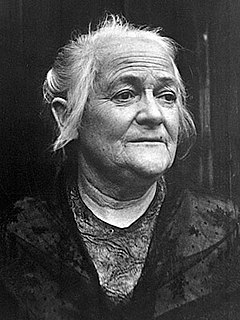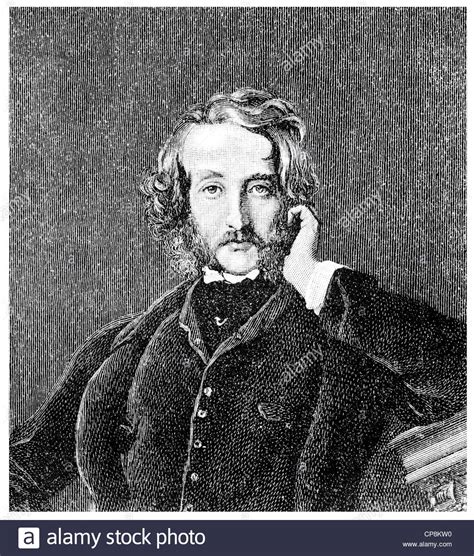A Quote by Steven Pinker
A successful learner, . . . must be constrained to draw some conclusions from the input and not others.
Quote Topics
Related Quotes
We also use our imagination and take shortcuts to fill gaps in patterns of nonvisual data. As with visual input, we draw conclusions and make judgments based on uncertain and incomplete information, and we conclude, when we are done analyzing the patterns, that out picture is clear and accurate. But is it?
Some call-in moderators are neutral and courteous. Then there's Rush Limbaugh, who is funny and pompous and a scapegoater and hatemonger. His popularity could cause you to draw some terrible conclusions about the state of mind of the American people. It helps to remember that Bill Cosby is popular, too.
Optimism is a tonic. Pessimism is poison. Admittedly, every businessman must be realistic. He must gather facts, analyze them candidly and strive to draw logical conclusions, whether favorable or unfavorable. He must not engage in self-delusion. He must not view everything through rose-colored glasses. Granting this, the incontestable truth is that America has been built up by optimists, not by pessimists, but by men possessing courage, confidence in the nation's destiny, by men willing to adventure to shoulder risks terrifying to the timid.




































